Exploring Architectural Evolution
Situated within one of the historic townhouses dating back to the 1930s in Higienópolis, Brazil, Pinati Restaurant stands as a testament to architectural evolution and adaptation. Collaboratively designed by Clube, Luiz Solano, and Pianca Arquitetura, the restaurant occupies a unique triangular plot formed by the intersection of Rua Armando Penteado and Rua Alagoas. Originally housing an ice cream shop, the building underwent a radical transformation, with only the façade and wooden roof structure remaining intact. The architects introduced a new metallic reinforcement structure, demolishing internal walls to create a spacious mezzanine.
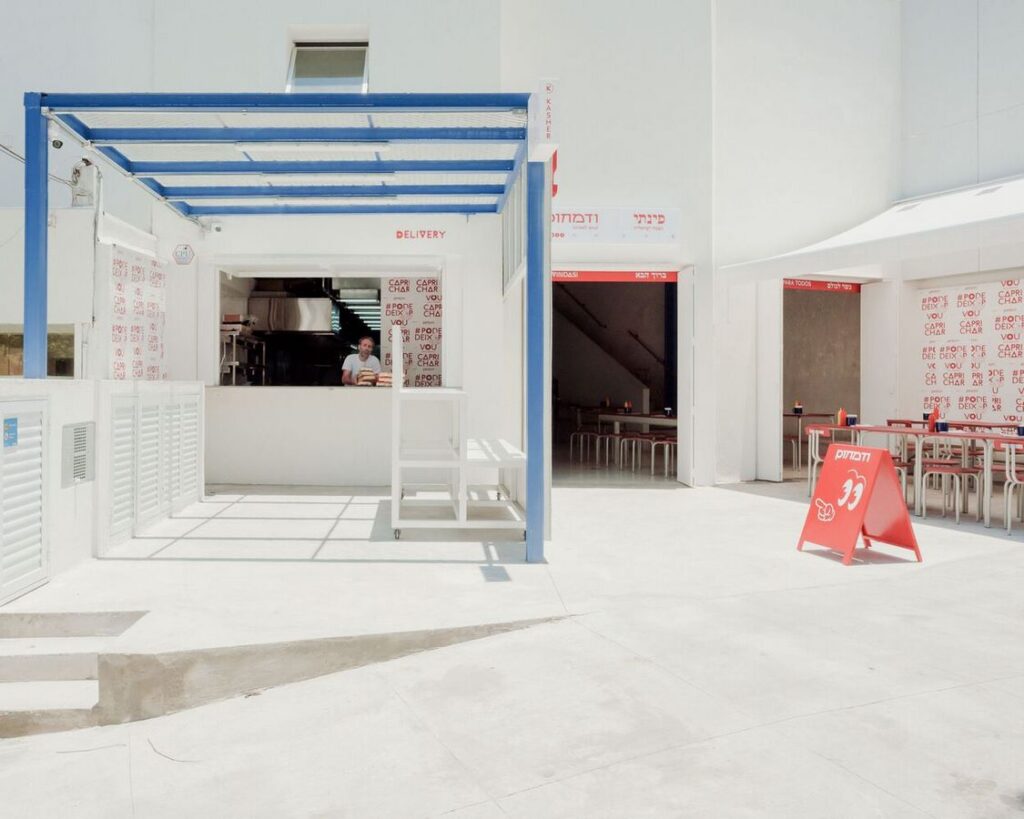
A Harmonious Blend of Old and New
Pinati Restaurant represents the third phase of the townhouse’s architectural journey, seamlessly integrating modern design elements with historical charm. Defined by its distinctive triangular shape, the restaurant stands out as a beacon of innovation within its traditional surroundings. Occupying the existing mezzanine, Pinati features a kitchen, bathroom, and storage area, strategically positioned to maximize space utilization while preserving the building’s original character. The result is a harmonious blend of old and new, where past meets present in a captivating architectural ensemble.
Unveiling Public Spaces
The architectural layout of Pinati is carefully curated to enhance the dining experience and foster a sense of community. The mezzanine extension serves as the focal point, housing public areas such as the veranda, inner hall, and restroom, seamlessly connected to the main dining area. By occupying the existing structure and repurposing it for contemporary use, Pinati creates a dynamic interplay between interior and exterior spaces, inviting guests to explore and engage with their surroundings.
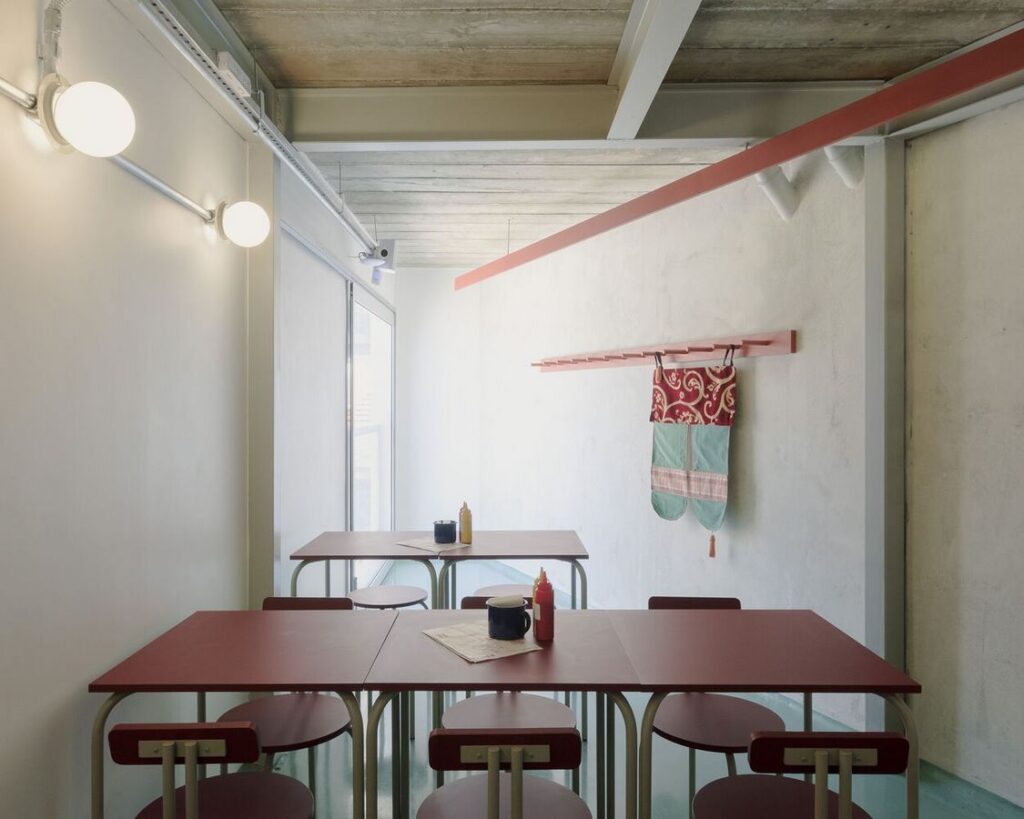
Embracing Innovation
Beyond its architectural significance, Pinati embodies a spirit of innovation and adaptability, reflecting the ever-changing landscape of Brazilian cuisine and culture. By reimagining traditional spaces and infusing them with modern functionality, the restaurant pays homage to its heritage while embracing the possibilities of the future. From its historic façade to its sleek interior design, Pinati Restaurant stands as a testament to the enduring allure of architectural reinvention in the heart of Higienópolis.


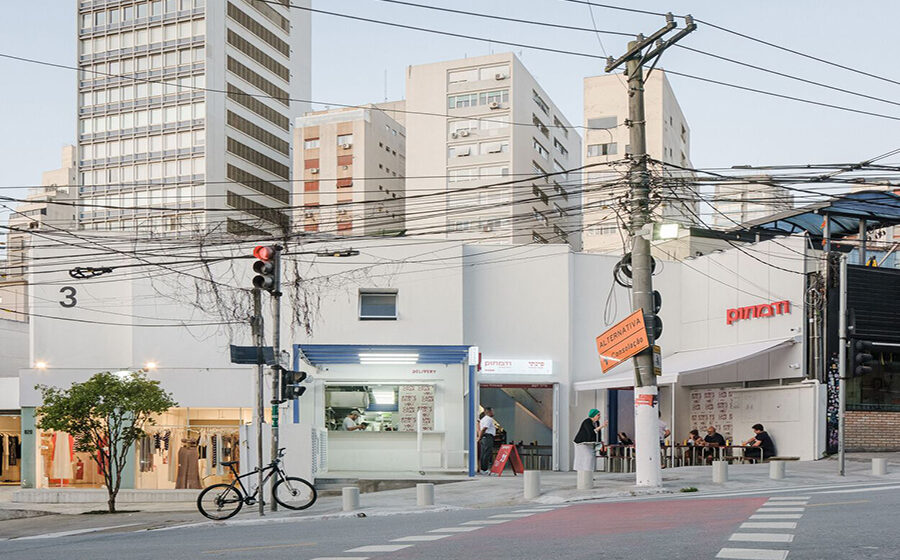





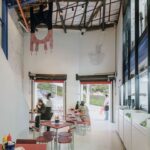
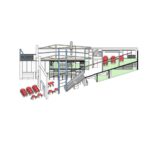

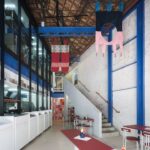
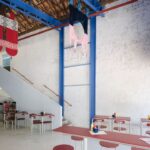



Leave a Reply